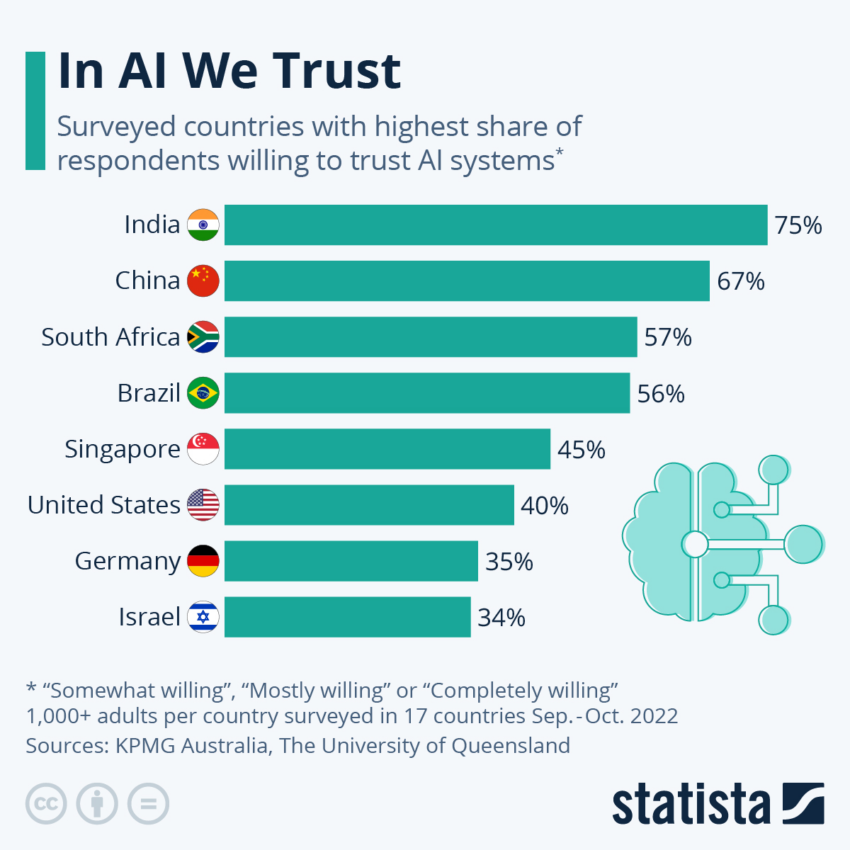A lawsuit has been filed against Meta Platforms Inc., the parent company of Facebook, accusing it of utilizing the work of well-known authors to train its latest artificial intelligence tool, LLaMA.
Authors Richard Kadrey, Sarah Silverman, and Christopher Golden allege that the model’s training included,
“Copying massive amounts of text from various sources and feeding these copies into the model.”
Lawsuit Alleges Meta’s LLaMA Financially Benefitted from Authors’ Work
In a recent court filing, the three prominent authors provided several reasons for alleging that Meta’s large language tool, LLaMA, copied their books.
“Plaintiffs allege “on information and belief” that Meta has “benefited financially” from this noncommercial release of LLaMA.”
The authors assert that Meta extracted information from their books for LLaMA’s training without obtaining their consent beforehand.
Furthermore, they assert that due to this, Meta bears responsibility for enabling others to utilize LLaMA for their own creations. They claim that their materials will influence all future work.
However, Meta argues that copyright law doesn’t cover facts or the structure of information in books.
It also points out that the content referred to constitutes a very small fraction of the entire training dataset. “Even accepting Plaintiffs’ allegations, their books comprised less than a millionth of the training data,” it stated.
It highlights that using texts to train LLaMA for language modeling and creating original content resembles Google’s use of books for its search tool. Authors Guild v. Google, Inc. ruled that the practice constituted fair use.
Meta asserts that those interested in comprehending LLaMA’s training process can examine its publicly available research paper.
It also states that LLaMA will be accessible to academic researchers and individuals linked with government, civil society, and academia.
However, for the primary purpose of studying, researching, and developing purposes.
Users Should Stay Informed About AI Risks
While ongoing disputes and ethical concerns continue to emerge regarding AI, other notable investors are asserting that it will transform lives in the coming years.
On June 14, BeInCrypto reported on intellectual property lawyer Jennifer Maisel’s belief that users should be taking precautions before using output from generative AI tools.

Maisel advises users to carefully examine the agreement with the software provider to identify any warranties regarding the content used to train the generative AI.
She emphasized the significance of doing this to prevent third-party copyright infringement claims.
Meanwhile, during a recent presentation, billionaire investor Ray Dalio predicted within five years, AI will significantly disrupt the job market.
Dalio forecasts that it will significantly contribute to advancements in productivity, education, and healthcare. He further states that it could even lead to the adoption of a three-day workweek.
Disclaimer
In adherence to the Trust Project guidelines, BeInCrypto is committed to unbiased, transparent reporting. This news article aims to provide accurate, timely information. However, readers are advised to verify facts independently and consult with a professional before making any decisions based on this content. Please note that our Terms and Conditions, Privacy Policy, and Disclaimers have been updated.


